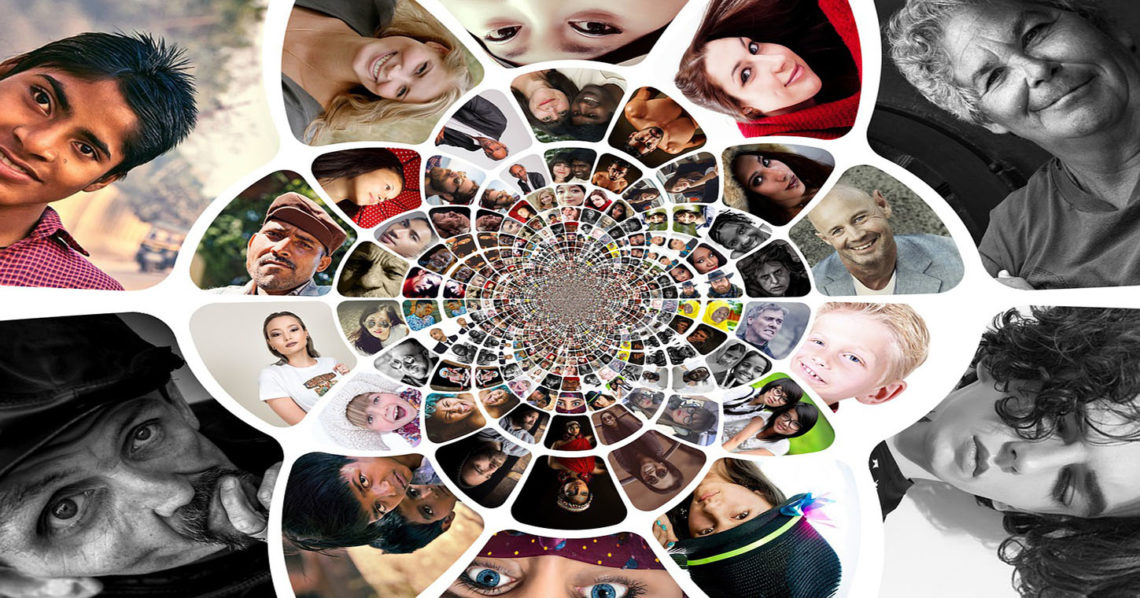In these days when mass shootings (especially school shootings) are becoming “normal,” it seems to me that we are often asking the wrong questions after such events.
As I’ve been grappling with the responses to the Parkland, FL school mass shooting, I’ve been thinking of Jesus’ words to some of his earliest followers, “For those who want to save their life will lose it, and those who lose their life for my sake, and for the sake of the gospel will save it.”
As I listen to both sides of the debate about how we might effectively respond to mass shootings and other acts of gun violence, it seems to me that we work very hard at preserving life as we know it, often at the cost of interrogating notions of health, goodness, and wholeness.
Many of our responses to mass shootings often fail to address the root cause of such violence.
Even if we required mental health screenings prior to gun sales and provided good quality mental health care, even if we limited or even eliminated the sale of guns under certain circumstances, we would not get at the root cause of mass shootings.
In much of the conversation about gun violence, rarely do we ask, “Why do people turn to gun violence at all?” “What problems are people trying to solve with such violence?”
What keeps us from asking these simple questions?
I suspect part of the answer involves the possibility that we want to “save our lives” the way they are right now.
Because we want to save our current way of living, we resort to blaming others—blaming the other side—whether that be people who desire restricted access to guns or people who believe guns make us safer in an emergency.
Asking different questions about mass shootings might mean losing our life the way it is right now, which is difficult when we assume our way of life is right.
We want to label mental illness as something with which we do not struggle and in so doing fail to see mental health as a spectrum on which we all fall somewhere. I think we do this because we fear we too might live with mental illness.
We want to live in our own homes, surrounded by our own material possessions, encased in our own vehicles, separate from one another.
I think we do this because living in community reveals who we are and what we value, and that kind of vulnerability is scary.
We want to understand our world and not have our categories shook, categories like “good” and “bad.” We want even more to preserve our institutions and paradigms, otherwise, we might be required to question EVERYTHING.
We are trying to save our lives as they are.
I wonder if the root cause of mass shootings and pervasive gun violence is not simply the result of individual mental health or loose gun laws but a culture-wide anxiety. A culture marked by isolation and individualism.
We live in a culture where, if we have a problem, we have no one with whom we feel comfortable discussing it. A culture where we so deeply value wealth that we can’t even see how much we value wealth—to the point that we assume the best question we can ask someone when we meet them is: “What do you do for a living?”—What do you do to earn money (and how much money do you earn)?
In American society today, we truly don’t know and listen to one another. We’re afraid to connect with one another. We’re scared to be seen. And this fear runs deeper than just a few people here and there. It runs throughout much of society.
Think about this: when we suspect that someone is a danger, what do we usually do? Often we usually call the police. And maybe we should. But what would happen if, first, or maybe instead, we reached out to the person?
What would happen if we asked the person how they were, what was going on, and then we truly listened to their answer?
What if we invested ourselves in our communities in such a way that we took time and made space to care for one another—actually?
What if we decided to see one another not as threats but as people, just people, sometimes struggling, sometimes shining?
I suspect that cultures that promote connection are cultures with little drug and alcohol addiction, low rates of depression, and rare violence.
The questions I’ve been asking recently are questions not about individuals but about us as a culture we fashion together. Because we are so busy trying to save our lives—our isolated, fearful lives—we are literally losing our lives.
Many religious traditions teach, “Give your life away,” “Care for one another,” “Love one another.”
We need to show up for our communities, wherever it is that we find community. We need to be dependable for others and ourselves. We need to lose our life in order to save our lives.
Giving our lives away, we find the life that is truly life.





Leave a Comment